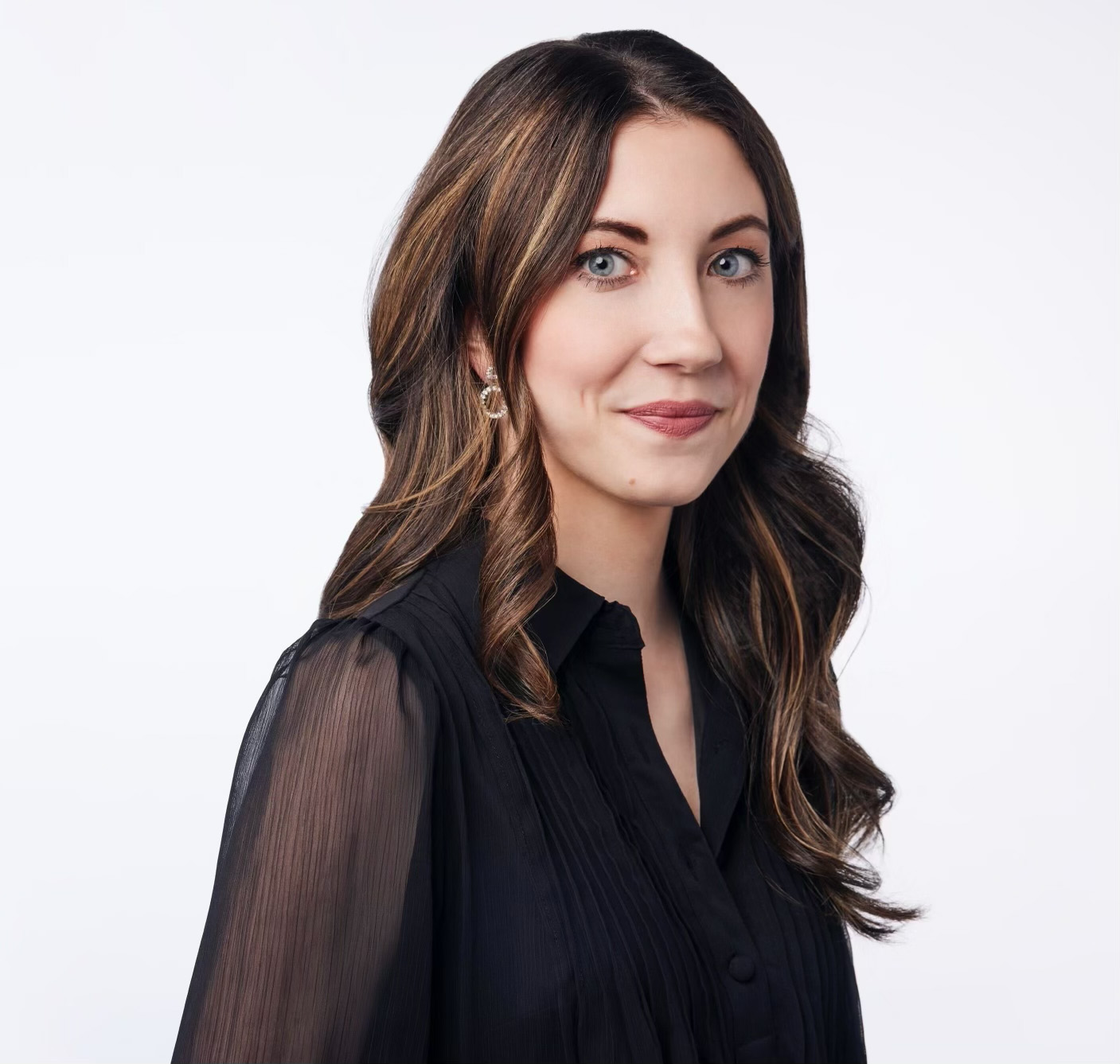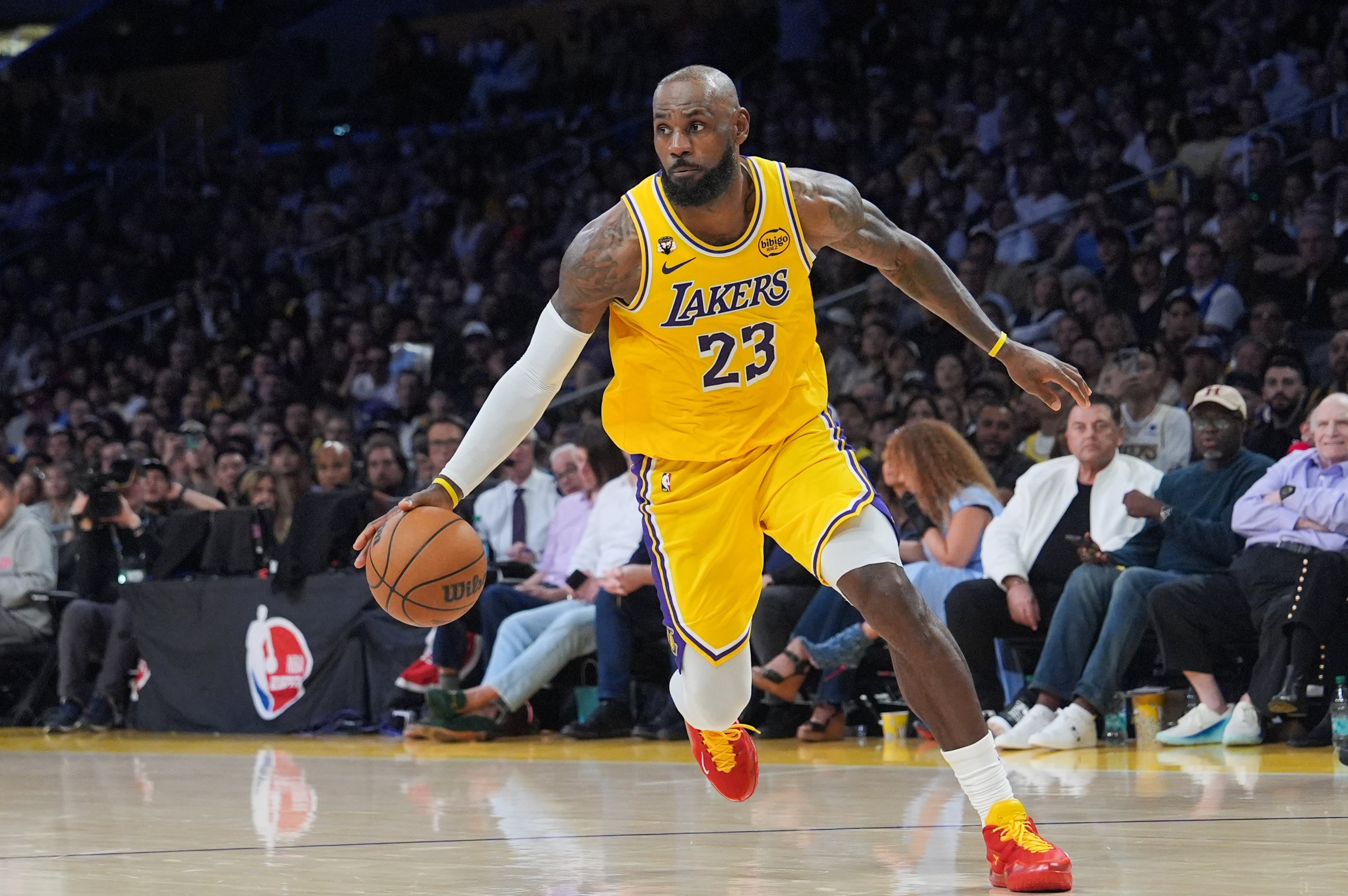Draft prospects who could make sense for the Hawks

The Hawks got a little bit unlucky on lottery night, but still will be in a decent spot picking sixth in the next NBA draft.
This draft is odd for a few reasons – there’s not necessarily a consensus No. 1 pick and players’ seasons were halted early because of the coronavirus, before conference tournaments or the NCAA Tournament, so there’s not as much film on them than for others in years past, and it seems to be a little less star-studded, though there’s still promising talent.
Below, are listed a few options who could make sense for the Hawks at No. 6. For the purposes of this list, the Hawks will keep the No. 6 pick, however, there’s always the possibility they could make a trade and move up or down. General manager Travis Schlenk has emphasized his “best player available” strategy going into this draft.
The list is heavy with wings and guards, because with Clint Capela, Dewayne Dedmon and Bruno Fernando under contract at this time, it doesn’t seem to make sense for the Hawks to take a center. The list also is based around three of the team’s major needs: finding a way to keep it together when Trae Young is off the floor, improved defense (though Capela will help on that front) and improved 3-point shooting (though a healthy Kevin Huerter will improve those numbers, too). It’s not likely all these problems will be solved through the draft, though, and the Hawks will get the chance to improve the roster through free agency.
Also, the list doesn’t include Anthony Edwards, LaMelo Ball or James Wiseman because it’s a pretty safe bet those guys will be taken in the top 5.
As of now, the draft is scheduled to take place Oct. 16, with free agency beginning Oct. 18 and the 2020-21 season beginning Dec. 1, however, it’s looking more and more likely that all those dates will get pushed back. Teams are still waiting to hear about a potential virtual draft combine of sorts. So, stay tuned.
Potential targets:
Isaac Okoro, wing, 6-6, 225: The Hawks certainly have their fair share of problems on offense, but things were even more dire on the other side of the court, with the third-worst defensive rating in the NBA (114.4). Yes, they’ve taken a step to improve by adding Capela, who wasn’t able to play last season because of a nagging heel injury, but one player can’t be the Hawks’ defensive savior, as coach Lloyd Pierce has pointed out.
Okoro, who has good size and was an excellent defender at Auburn (where he averaged 12.8 points, 4.4 rebounds and 0.9 steals per game) could help the Hawks on this front, especially considering Young is a defensive negative in the backcourt. He’s also a hometown guy – Okoro is from Powder Springs and played high school ball at McEachern High School, leading his team to 32-0 record and the school’s first state title in 2018-19.
One downside is Okoro’s not a strong 3-point shooter, shooting 28.6 percent from 3 at Auburn, and would have to work on that.
Devin Vassell, wing, 6-7, 194: Another hometown prospect, Vassell is from Suwanee and went to Peachtree Ridge). He is a great defender, and he shot 41.5 percent from 3-point range as a sophomore at Florida State, averaging 12.7 points and 5.5 rebounds for the 26-5 Seminoles team (he shot 49 percent from the field, overall). Vassell could fit in well with the Hawks as a 3-and-D guy whose game can continue to develop.
At 33.3 percent, the Hawks ranked last in the league in 3-point shooting last season. They made an average of 12 3′s per game, which ranks 16th, but were eighth-highest in attempts, with 36.1 per game.
Vanderbilt’s Aaron Nesmith is another solid wing option.
Tyrese Haliburton, guard, 6-5, 175: When Young goes to the bench, the Hawks’ offense essentially falls off a cliff (sinking by 11.8 points per 100 possessions, per Cleaning the Glass). This can’t keep happening if the Hawks want to become more competitive and in the playoff conversation.
The Hawks brought in Jeff Teague at the trade deadline to help lessen that blow, but he was just OK as a backup point guard. They also have Brandon Goodwin, who helped them to a few wins throughout the season when Young was hurt. But, depending on what happens with Teague in free agency, the Hawks likely will be looking for secondary playmaker who is versatile enough to play alongside Young, given Young plays more than 35 minutes per game.
Who knows if Haliburton will fit Schlenk’s “best player available” mantra when it’s time for the Hawks to pick, but Haliburton is one of the better guards in this draft. He’s a great playmaker and could run the offense in Young’s stead, and could potentially help the Hawks by playing with Young. (Pierce has expressed interest in playing Young off the ball more, and taking some pressure off his shoulders.)
As a sophomore at Iowa State, Haliburton shot 42 percent from 3-point range, averaging 15.2 points, 6.5 assists and 5.9 rebounds per game. UNC’s Cole Anthony, Ulm, Germany’s Killian Hayes and Kentucky’s Tyrese Maxey also are good options at guard. Haliburton fractured his left wrist in February and was limited to 22 games, so his sample size of games from last season is pretty small. Many draft analysts, including Sam Vecenie of The Athletic and Jonathan Wasserman of Bleacher Report, have Haliburton landing with the Hawks at No. 6.
Obi Toppin, forward, 6-9, 220: Depending on what happens with Skal Labissiere in free agency, the Hawks may need depth and a solid option at power forward behind John Collins. Toppin, a consensus All-American, is an explosive forward who can get to the rim, and he dominated at Dayton this past season with 20 points and 7.5 rebounds per game, shooting 39 percent from 3-point range.
As a third-year sophomore, Toppin probably was the best player in college basketball (at the very least, he was the most exciting) and though it’s hard to predict exactly how his game will translate to the NBA, Toppin has lots of potential to be productive at the next level. Some seem to think Toppin’s age may work against him, but that might not be a problem for an extremely young team like the Hawks (at 22, Toppin is already older than Young, Huerter and Cam Reddish, three members of the Hawks’ Core Five). Deni Avdija from Macabbi Tel Aviv, is another good option as a combo forward, and USC’s Onyeka Okongwu (PF/C) could give the Hawks a boost on defense.



